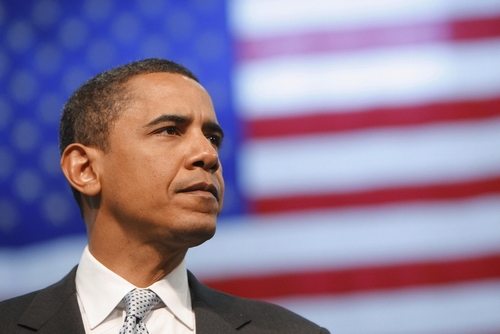
In a dramatic turn of events, Auma Obama, the sister of former President Barack Obama, was tear-gassed during escalating protests in Kenya. The protests erupted in response to a proposed $2.7 billion tax hike by the Kenyan government, which has sparked widespread outrage and violent clashes between demonstrators and police.
The unrest, which has gripped the nation, saw Kenyan Parliament in flames and at least eight people shot dead by police. The government's aggressive tax proposal has been met with fierce resistance, as citizens protest against what they see as crippling economic policies that disproportionately affect the poor and middle class. Auma Obama, an advocate for social change, found herself in the midst of this chaos, exemplifying the widespread discontent among Kenyans.
Among many #KENYAN protestor the camera and news correspondent spotted Obamas sister! This smells something that the peaceful protest is already sabotaged! Wake up innocent #KENYAN protest before it is too late! This venomous world is about to shove you to hell! https://t.co/Fem74pCBW1
— አገሬ ኢትዮዽያ🇪🇹 (@EthiopiaPeace) June 25, 2024
The situation in Kenya highlights the broader implications of government overreach and economic mismanagement. Critics argue that the Kenyan government's tax hike is a desperate attempt to cover fiscal shortfalls without addressing the root causes of the country's economic woes. This scenario is reminiscent of many Democratic-led initiatives that prioritize tax increases over sustainable economic solutions, often leading to public unrest and economic instability.
For conservatives in the United States, this incident serves as a cautionary tale about the dangers of excessive taxation and government control. It underscores the importance of fiscal responsibility and the need for economic policies that promote growth and stability without burdening the populace with undue financial strain. The protests in Kenya are a stark reminder of what can happen when governments fail to listen to their citizens and instead impose heavy-handed economic measures.
Obama’s Half-Sister Was Tear-Gassed During Kenya Protest – thought the Obamas were in favor of raising taxes?
is that only here its ok to steal our money & throw it away on illegals, loan bailouts, spying, and persecution of political rivals?https://t.co/Fy2oQxfLTm— Annie Pistol Packin Oakley (@AnneRifleOakley) June 26, 2024
Auma Obama's involvement in these protests also brings to light the ongoing struggle for democratic rights and economic justice in many parts of the world. Her presence and the subsequent police response highlight the universal fight against government oppression and the need for transparency and accountability in governance. This incident is a powerful illustration of the global quest for economic freedom and the role that individuals and communities play in advocating for their rights.
The violent response from Kenyan authorities has drawn international condemnation and raised questions about human rights abuses. The use of tear gas and lethal force against protesters is a troubling sign of the lengths to which some governments will go to suppress dissent. This heavy-handed approach not only exacerbates the situation but also undermines the principles of democracy and free speech.
As the protests continue, the world watches closely to see how the Kenyan government will respond to the growing crisis. Will they heed the calls for economic reform and address the underlying issues that have led to such widespread discontent, or will they continue to resort to oppressive tactics to maintain control? The outcome will have significant implications for Kenya's future and the broader region's stability.
In the United States, this situation serves as a timely reminder of the importance of balancing economic policies with the needs and rights of citizens. It reinforces the conservative viewpoint that lower taxes and reduced government intervention are essential for fostering economic prosperity and preventing the kind of unrest currently seen in Kenya. This incident underscores the critical need for prudent fiscal policies that empower individuals rather than burden them with excessive taxation.
Overall, the protests in Kenya and the plight of Auma Obama highlight the universal struggle for economic justice and the need for responsible governance. It is a call to action for leaders worldwide to prioritize the well-being of their citizens and to implement policies that promote sustainable growth and stability.













She got what she needed. Kenya is what America is becoming under the democratic rule in this country.